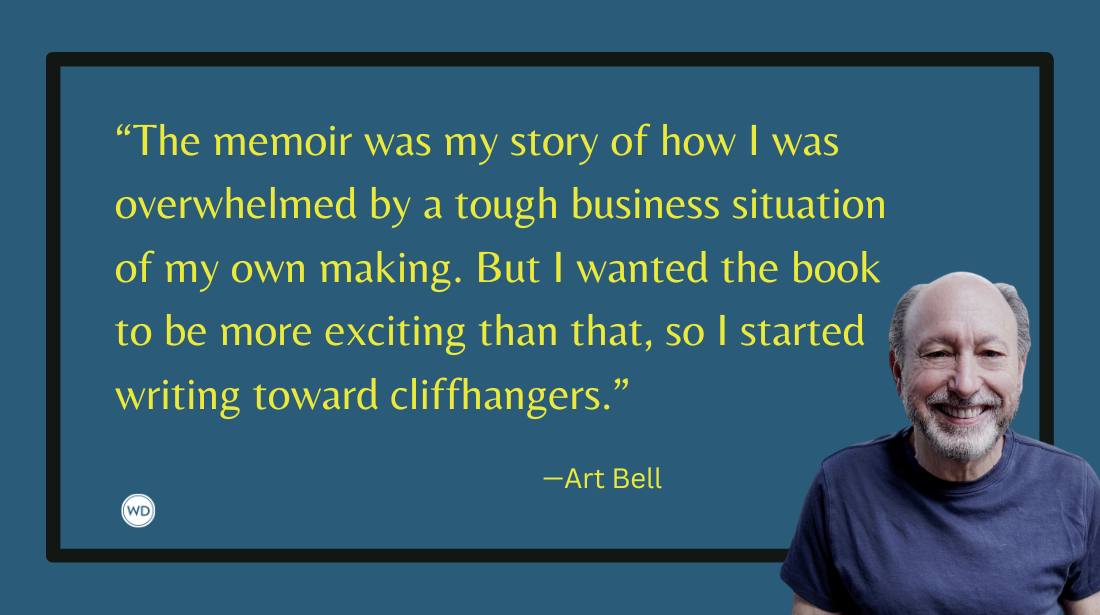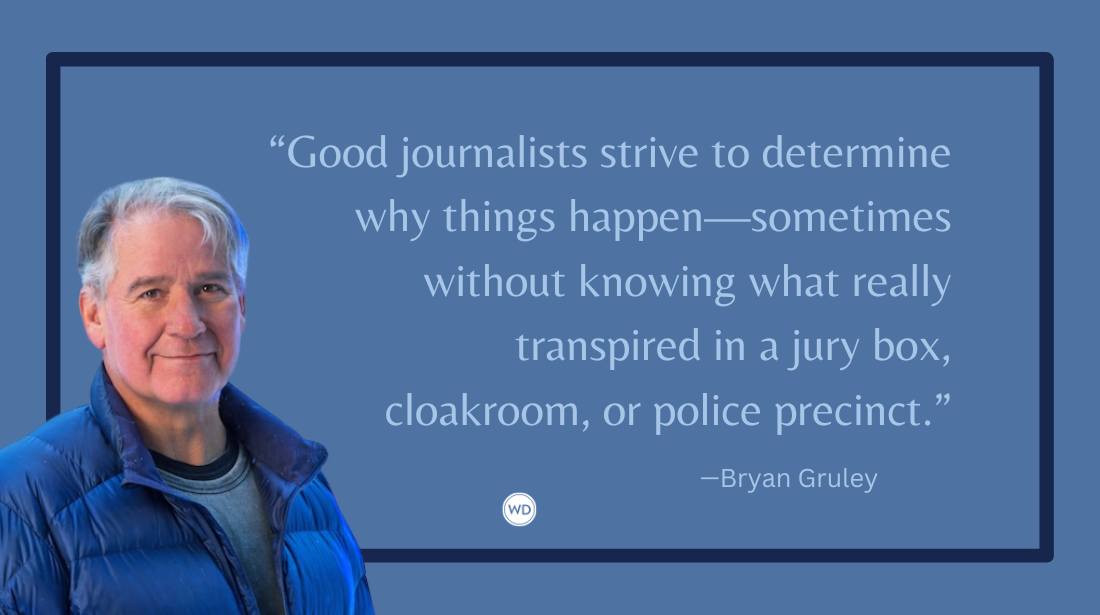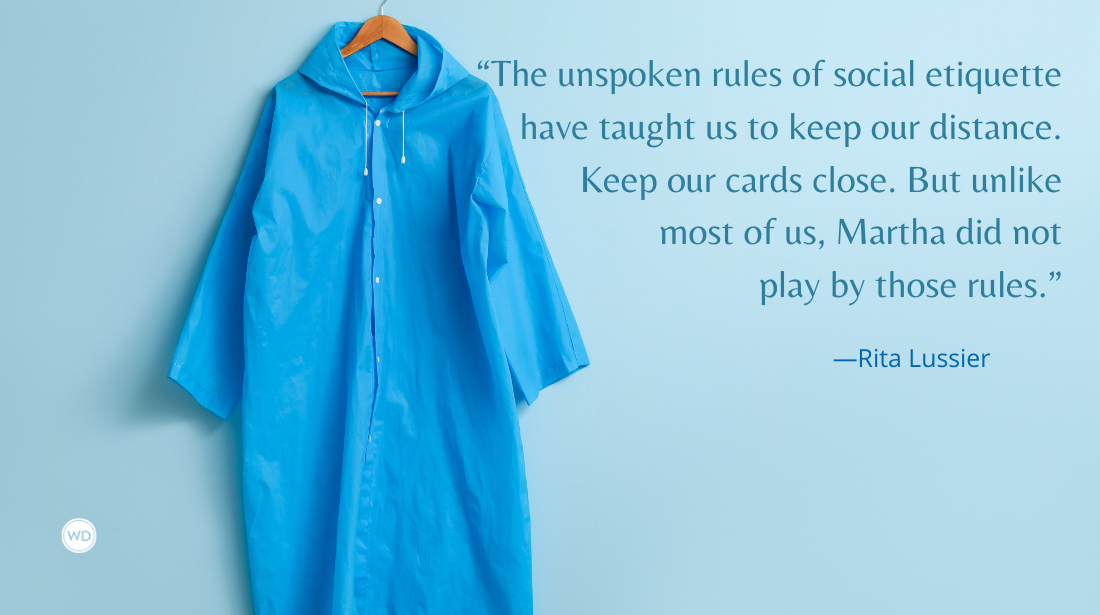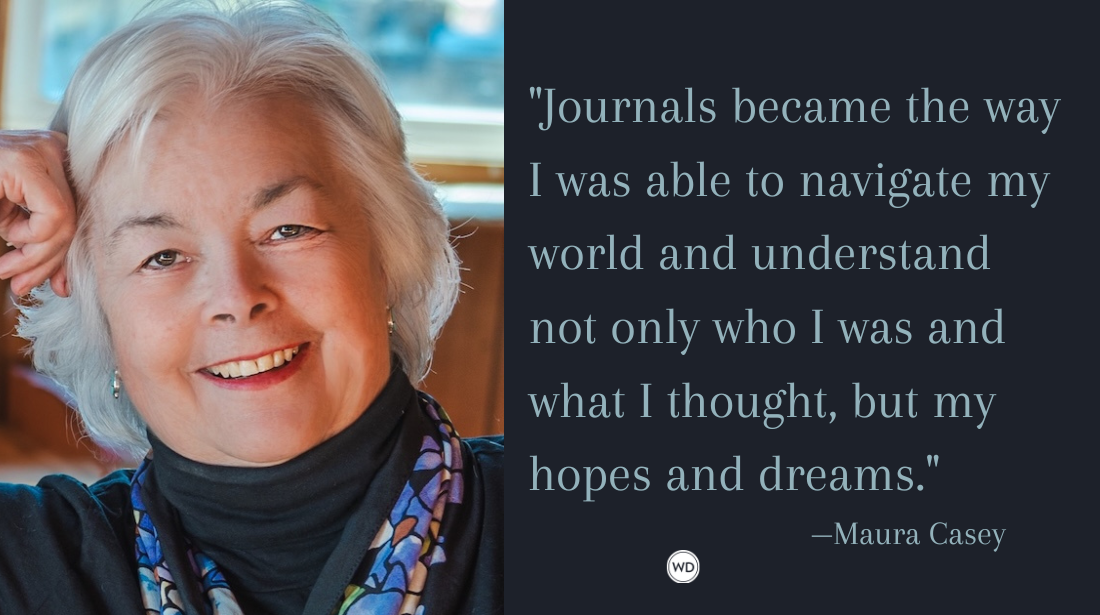How To Write Dark Comedy in Nonfiction: The Other Three S’s
Sometimes a subject is so dark that all you can do is laugh—but there’s an art to writing serious subjects comedically. Here, bestselling author Glenn Rockowitz shares how to write dark comedy in nonfiction using the other three s’s.
Death. Childhood sexual abuse. Terminal cancer. The classic comedy trifecta, right? The subjects all writers know are just innately funny and ripe for the ribbing. But what if—and hear me out here—what if you were tasked with punching up these subjects with humor as a way of making them even funnier for the general reader? A layup, you might think. Gilding the lily, perhaps. Well, you’d be surprised.
Let me stop for a second. In the past, I would’ve assumed anyone reading this would recognize my seemingly obvious use of sarcasm or at least understood that there was a slim chance that I, nor any non-sociopath, would find any of those subjects even remotely funny. So just to be clear: I do not find death, sexual abuse, or terminal cancer funny. Funny-ish? Maybe.
OK, fine. Still no.
In late 2016, I had the distinct pleasure of weaving the aforementioned three subjects into a second memoir (a fresh new genre taking the literary world by storm!) in hopes of appeasing readers of my first memoir Rodeo in Joliet who had publicly wondered if I had it in me to write anything funnier than that firsthand account of being diagnosed at 28-years old with a terminal blood cancer and given a prognosis of “three months at best” while my wife was 8½ months pregnant with our first and only child. The result, Cotton Teeth, was released a few months ago in late 2021, and early reviews dubbed it “surprisingly funny” even though those critics knew going in, it was a book about sexual trauma, cancer, and death. Surprisingly funny? People are weird, right?
Nonetheless, questions about how (and why) I infuse humor into such dark subject matter came up in just about every interview I did in the weeks following the release. It was a question I didn’t expect, even though I’ve made a living writing and performing comedy for almost 30 years. It was, however, a question I’ve genuinely enjoyed answering. Especially because to answer it properly and honestly, it meant dissecting my own writing in a way I never had before.
After way too many hours scrutinizing the thinking behind word choices, or the timing of when to reveal certain information within the narrative, or where to place that information in the context of an oppressive narrative arc, I discovered three comedy mechanisms I use whenever I am attempting to tackle difficult subjects head-on: Specificity, Surprise, and Succinctness. Or the other three S’s, as it were. And I really had to scour both memoirs for that third S, because as a Jew I it felt odd to trumpet “the wisdom of the SS.”
So, here it is. The Wisdom of the Other Three S’s:
Specificity
When you’re dealing with heavy material that will ultimately be shared with the public in some form, finding places to inject a bit of levity is essential for giving readers that much-needed exhale. I’ve found that one of the easiest ways to do that is through specificity.
For example, when I was diagnosed with my second cancer a few years ago, my doctor took me into his office, gently closed the door and told me I had “a sizeable tumor” in my chest. Had he told me instead, that I had “something the size of a Buick” in my chest, it might have been easier to hear. OK, probably not. But Buick is a funny word. And, let’s be honest, it is a much funnier word than tumor.
So, if you find yourself writing a very tense scene, especially if it’s autobiographical, remember that specificity is a simple way to soften those sharp edges quickly. Instead of breaking up with someone over a cup of coffee, break up with them over a cup of Sanka. Or a cup of Yuban. Much funnier.
Surprise
Humor is designed to serve as a release valve for stress. The more tension, the more important its release. And the best way to achieve that release is by surprising your reader. It’s particularly effective when you’re dealing with dark or heavy subject matter.
In Cotton Teeth, I recount the morning after the funeral of a close friend when my stepfather Ron and I, tasked with bringing a dessert to my friend’s wake, went to the grocery store still puffy with grief, picked out a cake, and brought it over to be boxed up. The woman behind the bakery counter said, “What would you like the cake to say?” to which Ron replied, “Oh…we don’t want a talking cake.”
A laugh I needed. A laugh we all needed.
IndieBound | Bookshop | Amazon
[WD uses affiliate links.]
Succinctness
There is a certain beauty to a blunt edge. And although it probably seems counterintuitive, sometimes the best way to approach certain types of fragility is with ham-fisted force. I have found that the best way to execute that approach in my own writing is by going straight in. Being succinct. Stop crafting my words in the artful ways I’d been taught, and just say it. Let the reader into my head, regardless of the mess inside. It’s what I call the greeting card effect. A flowery, poetic sentiment with a face-slapping full stop. Imagine getting a greeting card with a photo of a couple holding hands as they walk along the beach at sunset that reads, “I’m so miserable without you” and then opening it to read, “It’s almost like you’re here.” Both succinct and a surprise.
In Cotton Teeth, I recount an occasion where I am stuck sitting next to a curmudgeonly old racist during a long chemo treatment at the hospital infusion room. The nurse, a beautiful middle-aged Black woman with a level of patience, kindness, and grace I’d never encountered before or since, could see that I was barely holding it together as I politely listened to this man’s bigoted diatribe. (I wrote about the event in detail, and I’ve been told by many readers that it was/is incredibly unsettling.) When the nurse wandered over and asked how I was holding up, I simply said, “I just started rooting for my cancer.” It was the exhale I needed in that moment, and I suspect it was the exhale readers needed as they re-lived it along with me.
Obviously, there is no shortage of pain in this life. So, sometimes the greatest gift we as writers can give our readers is the type of wisdom that can only be found amidst the wreckage of survival. It’s important to remember that adding light to dark situations doesn’t necessarily mean you take those situations lightly. And obviously cancer, sexual abuse, and death are not things I take lightly. I just know that if I hadn’t been able to find the humor to buoy me in those moments, I would’ve drowned long ago. I would’ve missed everything that followed the first three months of my son’s life. All 23 years of it.
Glenn Rockowitz is an American writer, filmmaker and comedian. A graduate of Chicago's famed Second City, Rockowitz went on to write and perform comedy for many years throughout the U.S. In 1995, he founded a nonprofit AIDS and cancer charity known as The Best Medicine Group–an organization that brought hundreds of live comedy shows into the homes of terminally ill patients throughout the metropolitan New York area. Rodeo in Joliet, a memoir of Rockowitz’s battle with a very aggressive late-stage cancer, was released nationally on April 11, 2009. By early 2010, the book became a national bestseller and was subsequently optioned by director Matt Aselton to become a major motion picture, written by Ryan Knighton for release in 2023. His latest memoir Cotton Teeth was awarded a 2021 Foreword INDIES award and a 2022 IndieReader Discovery Award, and was selected as one of Kirkus’ Best Books of 2021. Rockowitz has appeared on the Moth, NPR, NBC, CBS, and a variety of radio programs.








